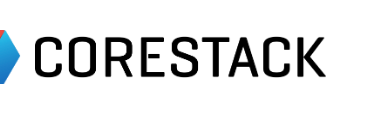End of an Era: Why Meta Is Phasing Out Workplace in Favor of Strategic Focus

Meta’s decision to shut down ‘Workplace,’ its competitor to the popular collaboration platform Slack, marks a significant shift in the company’s approach to software solutions for businesses. Launched in 2016, Workplace aimed to leverage Facebook’s familiar interface and social features to create a collaborative environment for companies. Despite initial success, several factors have contributed to its upcoming closure:
- Market Competition: The market for collaboration tools is fiercely competitive, with established players like Microsoft Teams and Slack dominating. These platforms have deeply integrated with other business tools and services, offering broader utility than Workplace, which struggled to carve out a unique niche.
- Changing Business Strategies: Meta has been refocusing its business strategies towards building the metaverse and enhancing its core social platforms. This shift likely means that products not aligned with this vision, like Workplace, are being phased out to streamline operations and allocate resources more effectively.
- User Base and Revenue Impact: Although Workplace claimed millions of users, it did not become a major revenue driver for Meta. In a tech ecosystem where scalability and financial impact are crucial, its inability to significantly contribute to Meta’s bottom line may have led to the decision to shut it down.
- Technological Redundancies: With Meta developing other communication tools and technologies, some functionalities of Workplace might overlap with other offerings, making it redundant. Consolidating these tools could help Meta avoid internal competition and confusion among its user base.
- Feedback and Adoption Challenges: Adoption rates among large enterprises, which are critical for the success of platforms like Workplace, may not have met expectations. User feedback about the platform’s utility and integration capabilities could have influenced Meta’s decision.
In conclusion, Meta’s choice to close Workplace reflects a strategic pruning to focus on more lucrative and strategic projects. For businesses using Workplace, this will mean transitioning to alternative platforms, a move that could reshape communication dynamics within many organizations.
This analysis points to the broader implications of tech giants’ shifting priorities in an evolving digital landscape, where focus and alignment with core goals are key to sustainability and growth.
For more details, you can refer to the original article discussing the shutdown here.





